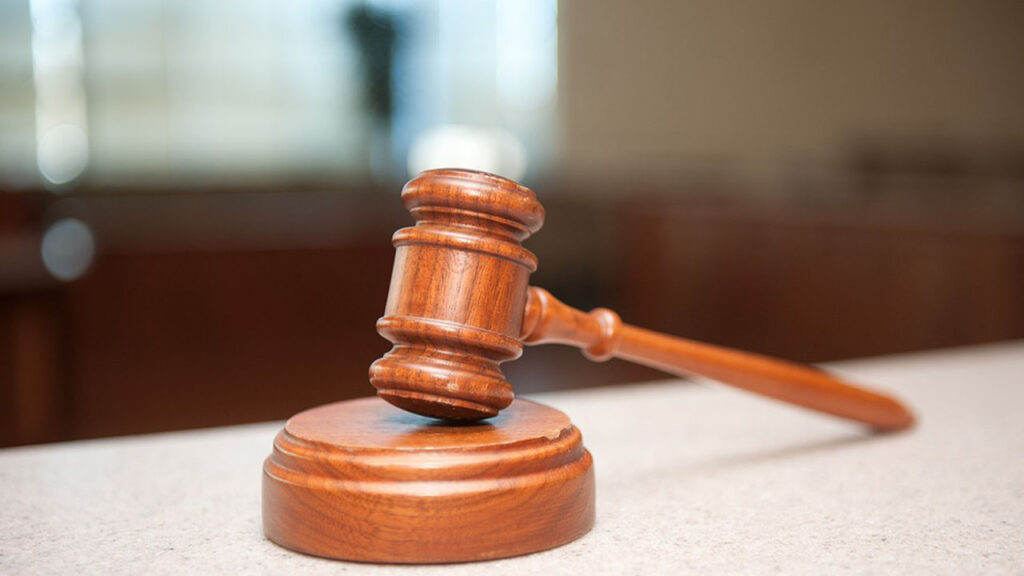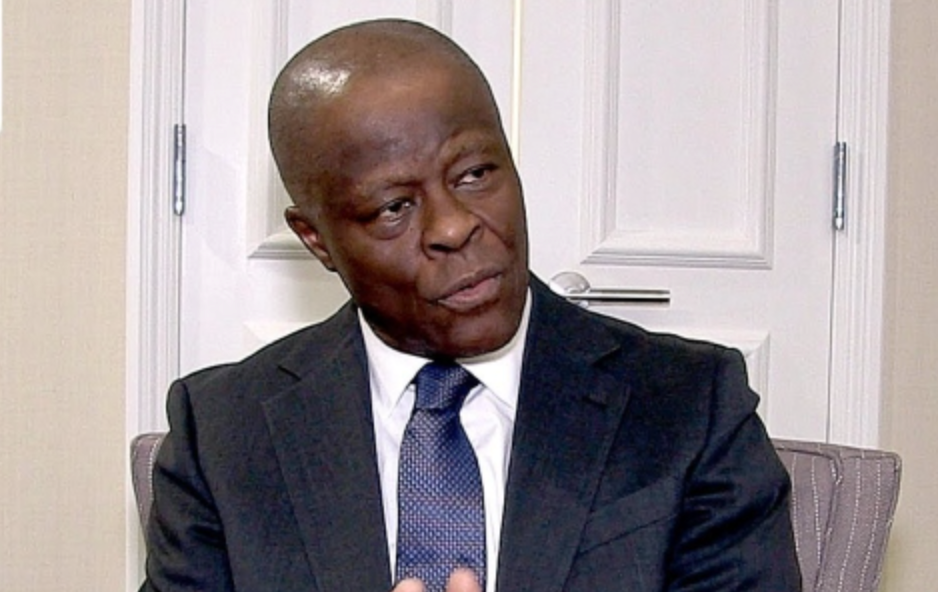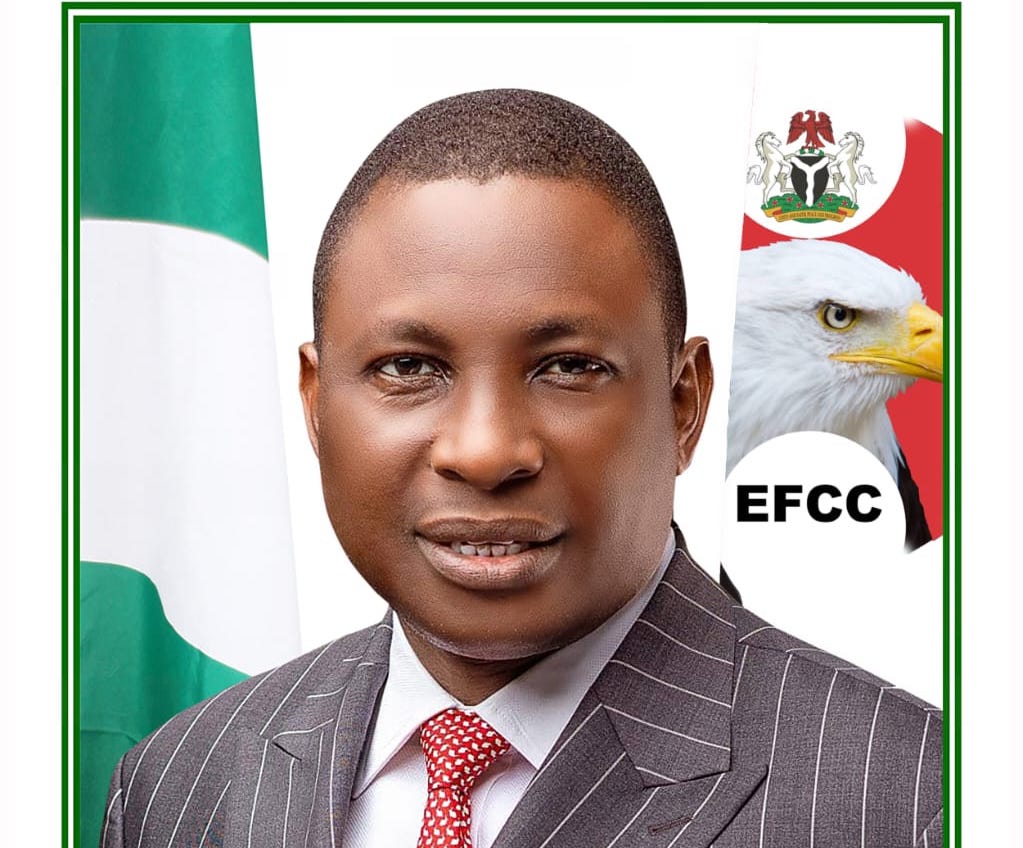
Discernable from the public sphere in the U.S. is a decline in the trust in government. The Organisation for Economic Cooperation and Development (OECD) has stated that: “Trust is the foundation for the legitimacy of public institutions and a functioning democratic system. It is crucial for maintaining political participation and social cohesion.” The absence of trust in government or public institutions amounts to the de-legitimation of the state. In the U.S. this has not been forward-looking.
In “A quarter-century of declining confidence” published in the Journal of Democracy of April 2000, Susan J. Pharr, Robert D. Putnam, and Russell J. Dalton referencing Seymour Martin Lipset and William Schneider remarked about the U.S. to the extent that “three quarters of the American public once trusted the government to do what is right, only 39 per cent felt this way in 1998 in 1964, only 29 per cent of the American electorate agreed that “is pretty much run by a few big interest looking out for themselves. By 1984, the figure has risen to 55 per cent, and by 1998, fully [sic] 63 percent of voters concurred in the 1960s, two-thirds of Americans rejected the statement ‘most elected officials don’t care what people like me think’; in 1998, nearly two-thirds of Americans agreed with it. This negative assessment applies to virtually all parts of government. Those people expressing ‘a great deal’ of confidence in the executive branch fell from 42 per cent in 1966 to only 12 per cent in 1997, and equivalent trust in Congress fell from 42 in 1996 to 11 per cent in 1997.”
The Pew Research Centre has also noted that the National Election Study started asking questions about trust in government way back in 1958 when about three-quarters of Americans had faith in government doing the right thing. The trust began plummeting in the 1960s in an up-and-down swing sometimes tainted by partisan inclinations. As the Centre noted, “Since 2007, the share saying they can trust the government always or most of the time has not surpassed 30%.” The division caused by the 2019 elections by calling into question the integrity of the American electoral process has landed the country in the obverse of David Runciman’s “confidence trap”, namely, disillusion trap. At present, the confidence-building presidential debate is being threatened by a possible pull-out by the Republican Party in future processes. The Republican National Committee (RNC) chair Ronna McDaniel accused the nonpartisan Commission on Presidential Debates (CPD), “stonewalling the meaningful reforms necessary to restore its credibility with the Republican Party as a fair and nonpartisan actor…the RNC will take every step to ensure that future Republican presidential nominees are given that opportunity (to debate) elsewhere.” Today, the view is weightily pessimistic.
Whatever the logic offered in rationalisation or vitiation of the January 6, 2021 coup attempt, the fact remains that it peels off the bark of state legitimacy. The ‘big lie’ which engendered the coup attempt underlies a confidence gap in the American democratic process that should not be covered by rhetoric. As noted by Heritage Foundation, cases of voter fraud are historical in America and local elections have been reversed due to fraud in New Jersey, Indiana among others. Mr. Schumer acknowledged the deficit in confidence in the electoral process in his anniversary speech in the Senate by indicating a way forward through effective legislation. As he put it: “It means we must pass legislation, effective legislation, to defend our democracy, to protect the right to vote. We must pass the John Lewis Voting Rights Advancement Act and the Freedom to Vote Act so that our country’s destiny is determined by the voice of the people and not by the violent whims of lies and even mob rule. We must also guard against the false hopes of solutions that don’t deal with the problem, that try to cover it up or push it away because people don’t want to deal with it”. This, itself, is a coup trap.
The philosophical foundation of the U.S. is a very important factor never to be ignored. Inspired by John Locke’s Second Treatise on Government is a call to arms whenever citizens become subjects of low intensity, apologies to Guillermo O’Donnell. The philosophy inheres in America’s declaration of independence. For this argument, it bears repeating. In Congress, July 4, 1776, the thirteen United States of America unanimously declared that: “We hold these truths to be self-evident, that all men are created equal, that they are endowed by their Creator with certain unalienable Rights, that among these are Life, Liberty and the pursuit of Happiness.—That to secure these rights, Governments are instituted among Men, deriving their just powers from the consent of the governed, —That whenever any Form of Government becomes destructive of these ends, it is the Right of the People to alter or to abolish it, and to institute new Government, laying its foundation on such principles and organizing its powers in such form, as to them shall seem most likely to effect their Safety and Happiness. Prudence, indeed, will dictate that Governments long established should not be changed for light and transient causes; and accordingly all experience hath shewn, that mankind are more disposed to suffer, while evils are sufferable, than to right themselves by abolishing the forms to which they are accustomed. But when a long train of abuses and usurpations, pursuing invariably the same Object evinces a design to reduce them under absolute Despotism, it is their right, it is their duty, to throw off such Government, and to provide new Guards for their future security.”
The above is an affirmation of the Rousseauan and Lockean postulations on the indomitability of the liberty of man and the latter as the repository of popular sovereignty. It is indeed constitutional if the removal of government provides “new Guards for their future security.” In the remaining part of this brief essay, I advance reasons against a coup ever happening in America. There are many mitigating factors, namely, illusions of social policy, soft power, nature of civil-military relations, and operationalisation of the rule of law. I shall address these points seriatim.
The first mitigating factor against a coup happening in the US is social policy. Social policy is a desideratum in any given human community. It is important for social cohesion, and indeed it is part of the ‘reason of state’ and ensures the continuance of the state. Indeed of all causes of rebellion, intoned Francis Bacon, the rebellion of the stomach is the worst. A Nigerian politician, Ayo Fayose, qualifies this dynamic as “stomach infrastructure”. So every responsible state strives to cushion the well-being of its citizens. While the welfare states of the Nordic make it a justiciable directive principle of the state, the capitalist state of America despite a lingering wish that every citizen should be able to cater and fend for him/herself; it has had to intervene to provide welfare for its citizens. It is inevitable to the health of the state in a class society. The state must save itself. Its provenance lies in the protection of lives and property. Sometimes it does this in a way that passes the bulk to the citizens themselves. Take for example the students loan which many would have to pay through their lifetime. We saw the COVID-19 inspired stimulus packages that put a smile on the face of Americans.
Akhaine, former general secretary of the Campaign for Democracy in Nigeria in the 1990s, is a Professor of Political Science at the Lagos State University, Nigeria.













